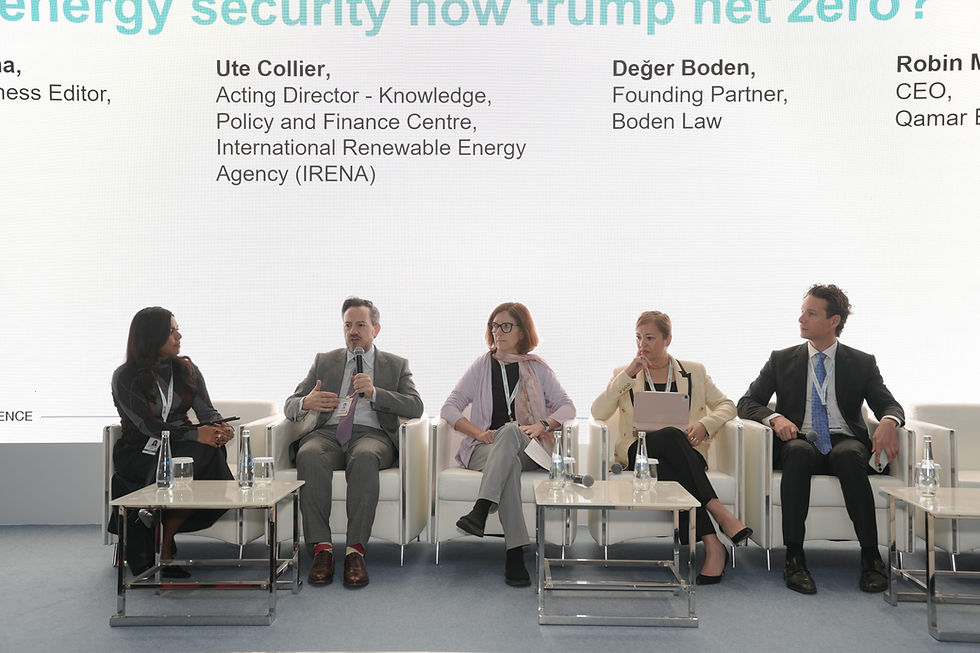Jeffrey Beyer: How Morocco can make Green Hydrogen Headway
- Jeffrey Beyer

- May 24, 2022
- 2 min read
Speaking with Al-Monitor – the award-winning Middle Eastern news outlet – Managing Director of Zest Associates Jeffrey Beyer delivered insight on Morocco's path forward in the world of renewable energy.

While the region has made headway with the launch of the National Hydrogen Commission in 2019 and a roadmap on green hydrogen released in 2021, renewable energy output still falls below the country’s clean energy targets - and as a region that has historically faced the brunt of climate change, imminent action is needed.
The problem - and potential solutions - were discussed by Beyer, who spoke with Hafid Boutaleb, CEO of AOB Group, a media & communications firm based in Morocco.
“To replace the 2 million tons of grey ammonia imported by Morocco every year, with green ammonia derived from green hydrogen, Morocco needs closer to 9MWh in renewable energy output,” Beyer said. That is equivalent to about 90% of Morocco’s entire electricity capacity.
Renewables accounted for 4,400 MW of the country’s installed electrical capacity of 11,130 MW in the year In 2022, which is up from 3,685 MW at the start of 2020, but both fall short of the 2020 goal of 42% of installed energy capacity.
Water supply is another issue impacting Morocco and the country is slated to face a major water shortfall prompted by lower rainfall induced by climate change, according to the Intergovernmental Panel on Climate Change (IPCC), an intergovernmental body of the United Nations. Nearby regions face no better – if not worse, as water scarcity in the continent of Africa affects 1 in 3 people and is worsening.
“70% of the currently planned green hydrogen projects are in countries facing water stress, like Australia, Oman, and Saudi Arabia, and the Moroccan government has already made clear that it won’t allow freshwater use for the purpose of green hydrogen production,” Beyer said. He added that “fortunately, the cost of desalination adds just a few cents per kilogram of hydrogen, which is negligible cost-wise, but must be considered in the wider environmental and social context.”
The consequences of climate change like water scarcity and food insecurity, as well as the ongoing Russian conflict in Ukraine, have both reminded policymakers of the urgency of energy security, which includes sourcing a diversified mix of renewable resources including green hydrogen from Morocco.
Experts agree that the green transition is essential to mitigate the challenge and foster long-term economic growth.


Comments